Hi Priscilla, thank you for posting this and below is my feedback on the London Property Market After Brexit
The London property market, just like any other, varies quite a bit with time so I am presenting information that I have gathered around December 2016. This is used to be one of the most desired and most regulated markets to be in, but after Brexit, things may change and the uncertainty is already affecting prices.
When it comes to buying houses, the luxury end has experienced a huge drop this year and, on the other end, there seems to be a lack of properties under £120k in the city. Rent price is also slowly falling as a result, partly because owners are not finding buyers, so they end up letting the property instead, and many people are thinking twice before moving to London at this time, so supply is relatively high compared to the demand.
However, with the devaluation of the pound, we’ve been experiencing more foreign interest on the buying side, but as for the local people, the devaluation puts them on a worse off position compared to foreign investors. According to the Guardian “The Brexit referendum result and government measures to cool the buy-to-let market have hit the property market in 2016, and are expected to keep the lid on house prices next year too.” There has been a great bubble on the housing market in London and many people are expecting it to burst on the upcoming year. Only time will tell and nobody is really certain of what comes next.
On the other hand, when it comes to the lettings side of the market, the super prime market has been benefiting with the changes after Brexit, with an increase of 16% in deals during September compared to the previous year. We are also expecting a ban on estate agent’s fees, which would lead to a lower cost when renting a property as those fees were normally on the hundreds. However, an associated concern is that landlords may decide to raise the rent instead.
When it comes to desired areas to move to, this varies a lot with everyone’s taste. There are many desirable areas in London, weather you are searching in the North, South, East and West. Each area has its own characteristics and flair, and what I recommend is learning more about it before you choose where to live. In addition, another variable is the kind of lifestyle you want to have, either you are searching for schools, being closer to work, have access to nightlife, parks, etc - each area will offer a different atmosphere, so researching beforehand will be of great help.
Some areas on the East and South of London tend to be cheaper when it comes to both rent and overall sales price, and it all depends on how close you are to the city, transportation links and city zone. Some other areas may be considered prime on its own, even though it is relatively far from the city centre. An example is Richmond on the West side of London. There are so many variables, so you must look into each area specifically if you are looking to have a more accurate value of the properties.
That being said, it is hard to put an average on property prices when you consider the whole of London, as it varies so much from very prime (£5k plus per week to let for example) to more affordable (around £200/week or above). The price also depends on the square meter, how many bedrooms, location... Having a better idea of what you are looking for will help you discern on what kind of property you should look at and where you can afford it.
As an example, when I first got to London, I moved to an area called Leytonstone on the East side of the city. I moved there because I was used to having a lot more space for the price I was paying and I wanted that here; I also wanted to have easy access to work and being close to the central line was perfect for me. This area is located by the end of zone two so I was able to rent a 2 bedroom property with a garden for about £1300/month at the time. However, as I got to know the city better, I realized that I identified more with some of the areas on the West side of London, so I am now living in Fulham, close to Chelsea on the zone 2, and I am paying about £1600/month for a small (to my standards  1 bedroom flat, and it takes me longer to get to the city centre.
1 bedroom flat, and it takes me longer to get to the city centre.
When buying a house in London, you have to consider many costs, which may include mortgage, house survey, conveyancing fees, stamp duty tax, removal costs and insurance.
When letting a property, you have to consider estate agency fees (which may disappear on the next few moths), deposit and a month worth of rent in advance. Then you have to also consider the council tax that will be deducted each month, as well as all other bills, and landlords may sometimes include some if the bills on the letting price.
I hope this helps you guys and if you would like to learn more about how to let a house in London you can check out this pos anexpatdiary.com/blog/how-to-rent-a-house-in-london.
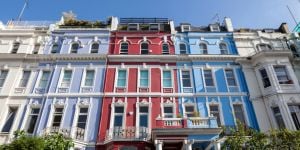 Accommodation in London
Accommodation in London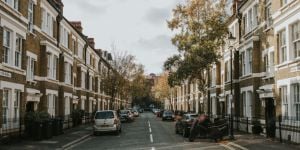 Areas of London
Areas of London Student accommodation in London
Student accommodation in London So You Want to Rent (Let) in London?
So You Want to Rent (Let) in London?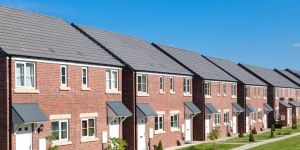 Buy a property in London
Buy a property in London Accommodation in Birmingham
Accommodation in Birmingham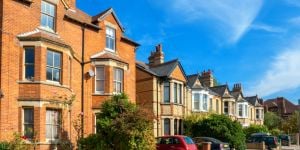 Accommodation in the United Kingdom
Accommodation in the United Kingdom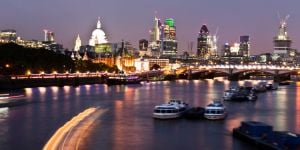 Top things to do in London
Top things to do in London
 1 bedroom flat, and it takes me longer to get to the city centre.
1 bedroom flat, and it takes me longer to get to the city centre. 

